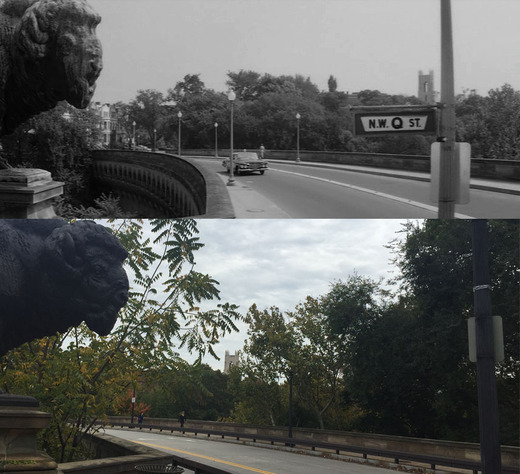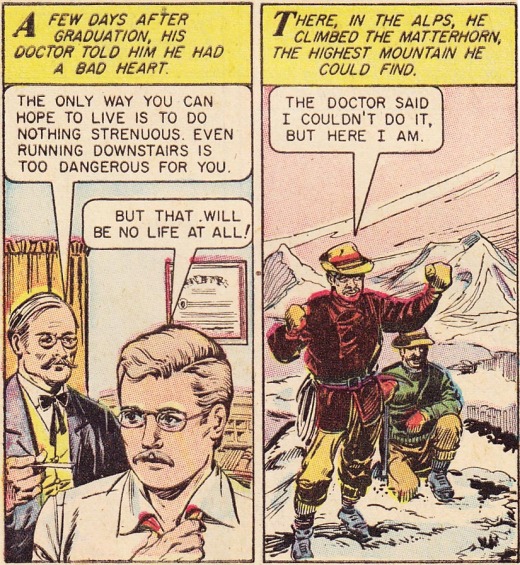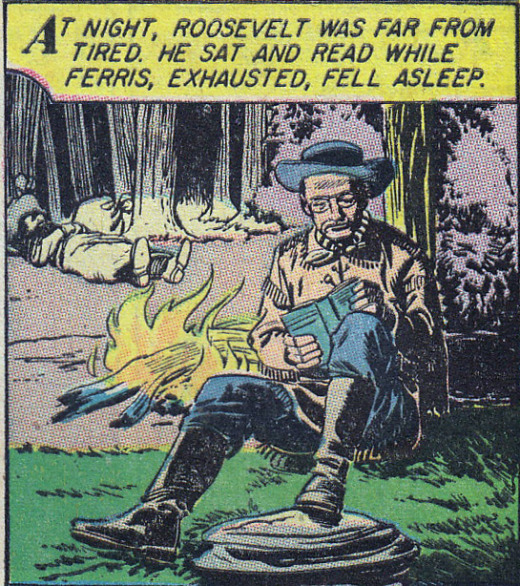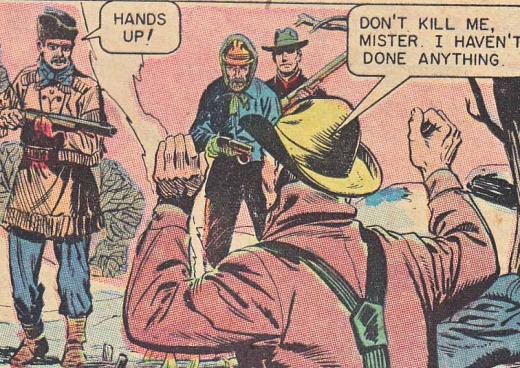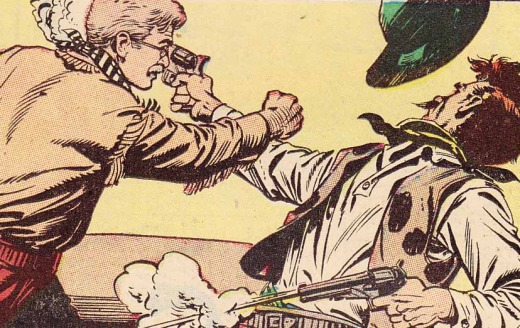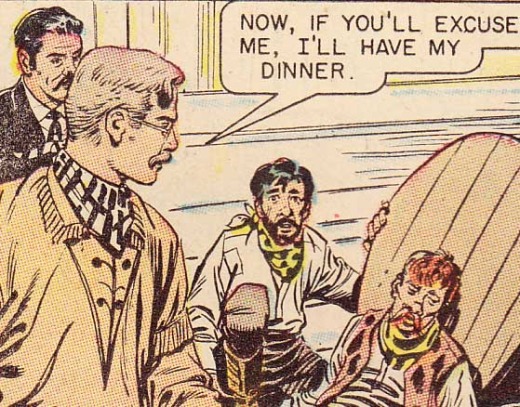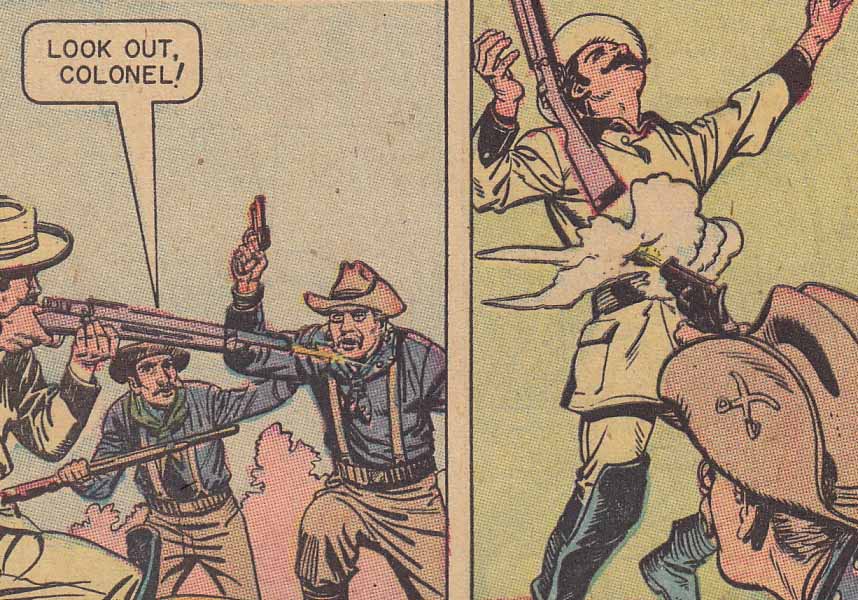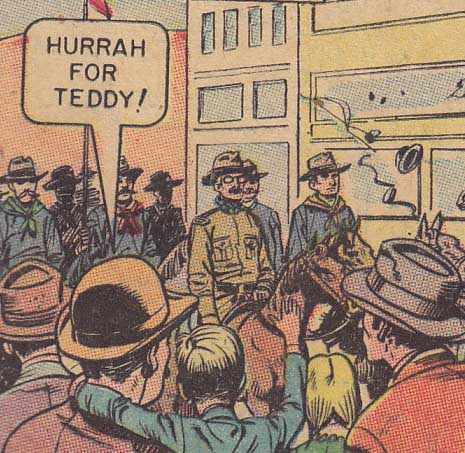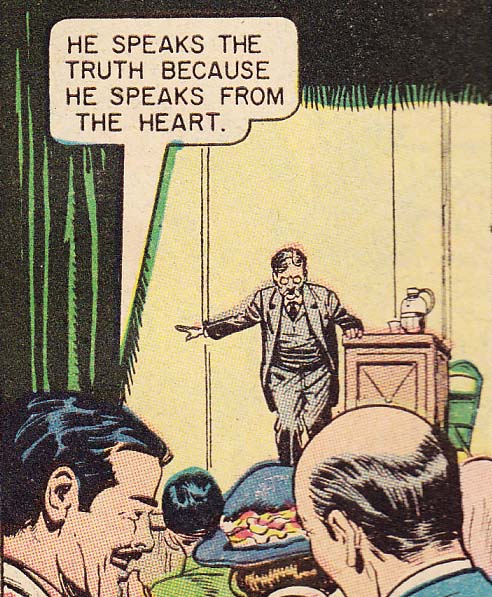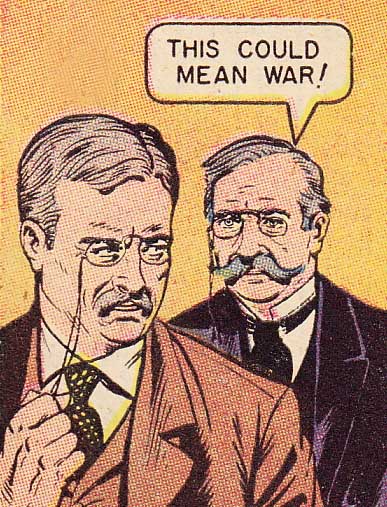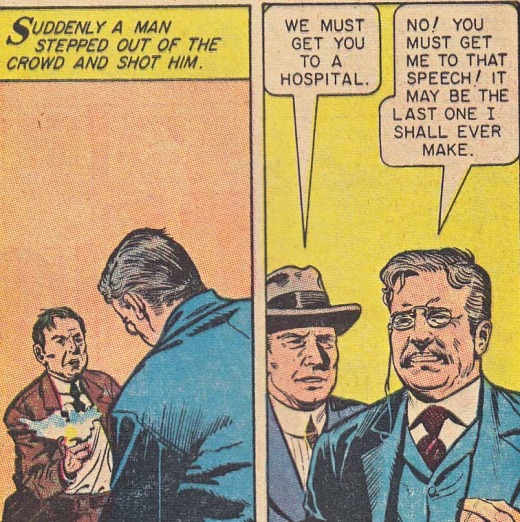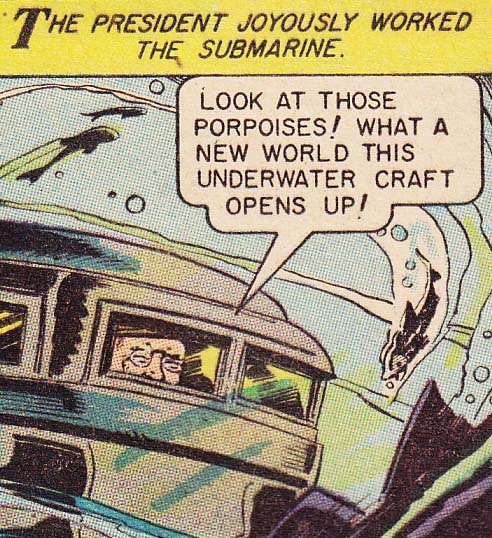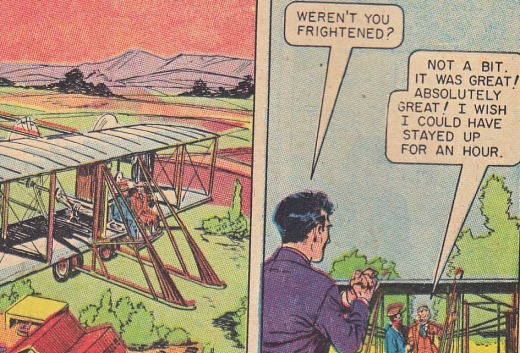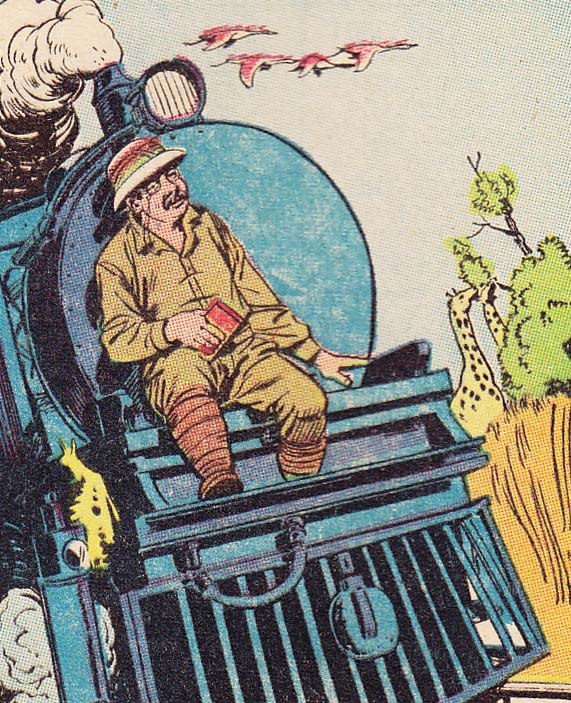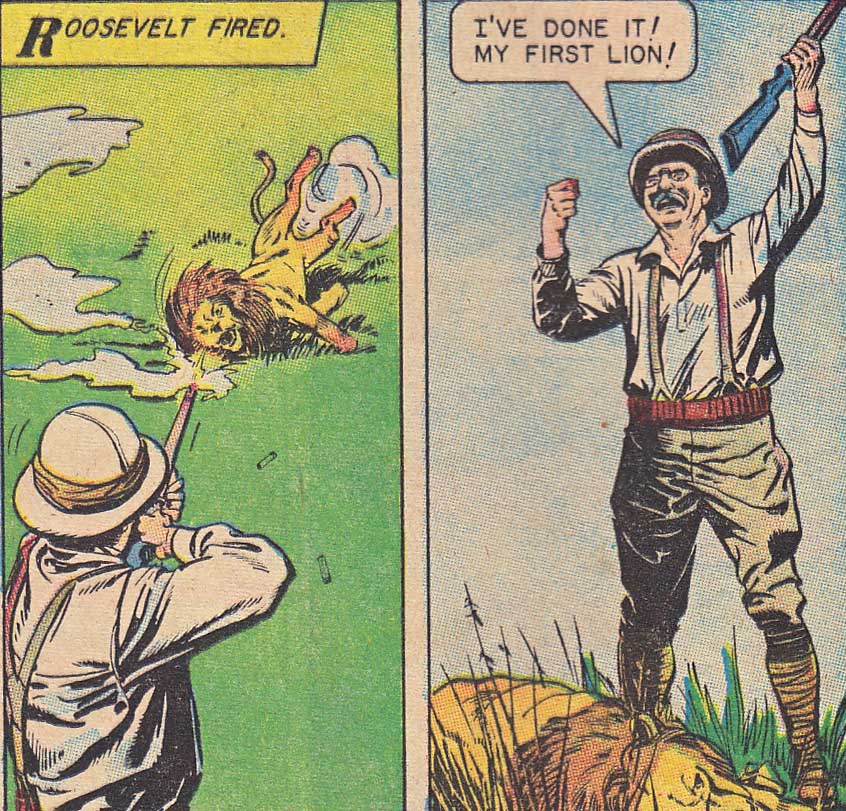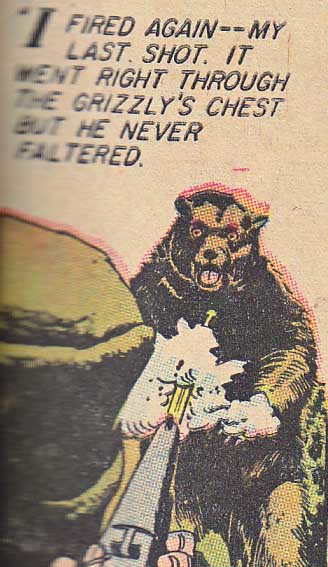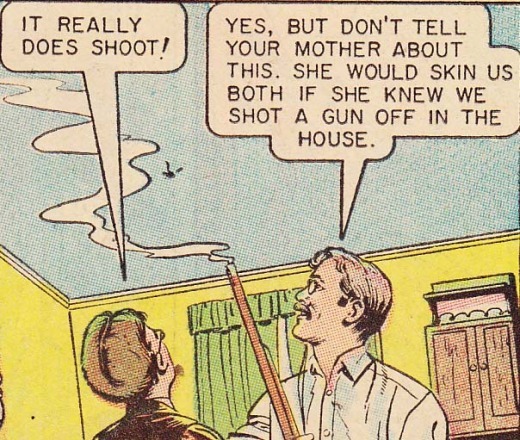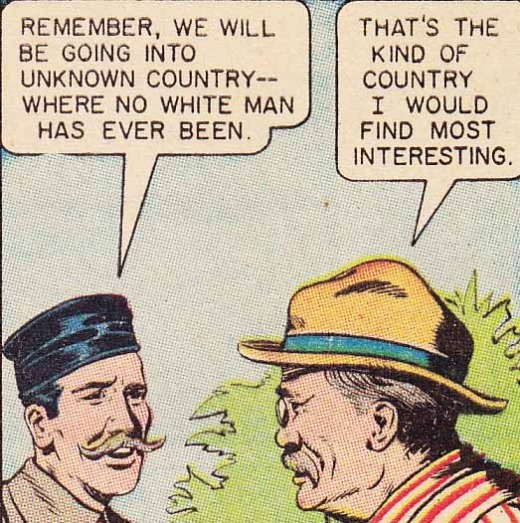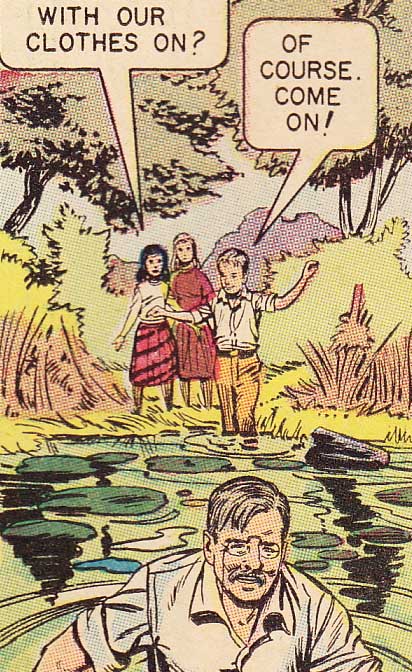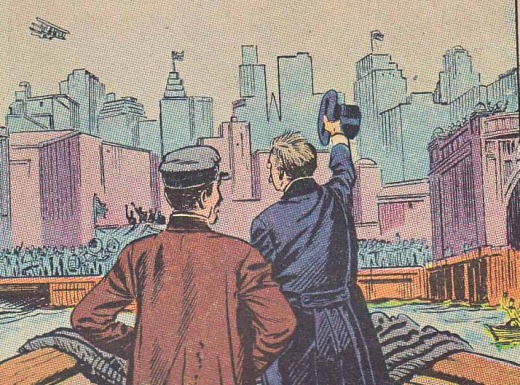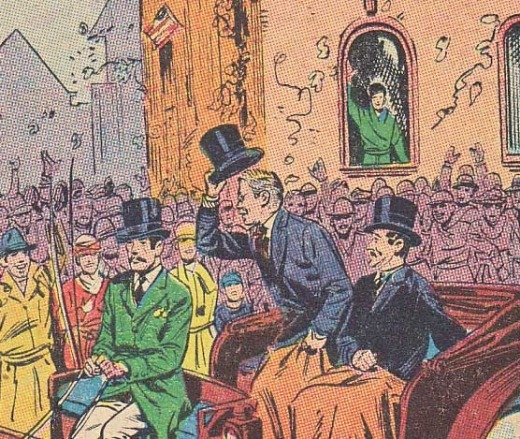Deconstructing "Advise and Consent"
 Sunday, October 25, 2015 at 6:20PM
Sunday, October 25, 2015 at 6:20PM There is perhaps no film as quintessentially "Washington" as Otto Preminger's 1962 classic, Advise and Consent. While it's a fictional story about an acrimonious confirmation battle over a Secretary of State nomination, it was heavily influenced by real people and events.
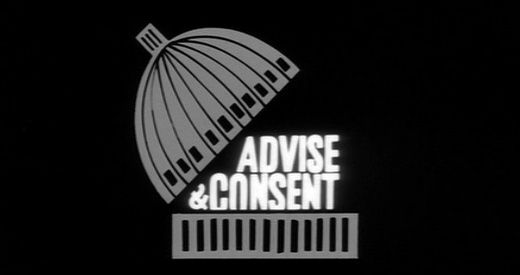
In fact, an actual Senator was given an uncredited speaking role. Senator Henry "Scoop" Jackson of Washington state appears briefly in an early scene at a party thrown by Gene Tierney's character, who asks, "Scoop, can I get you a drink?":
At the time the film was in production in 1961, Jackson was named by TIME Magazine as the Senate's "most eligible bachelor." While filming he was accompanied by a date, Helen Hardin, who appears beside him (at middle). She became his wife shortly thereafter.
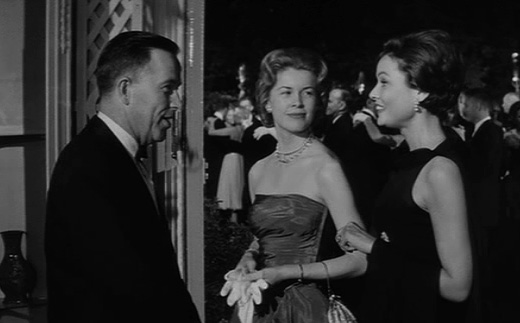
According to author Alan Schroeder, Preminger wanted former Vice President Richard Nixon, who had just lost the 1960 election, to act in the role of the fictional Vice President. Nixon turned down the job because of what Nixon said were "glaring errors" in the script. Martin Luther King Jr. was also offered a cameo role, but likewise turned it down.
The contentious foreign relations committee scenes in Advise and Consent were based on the famed Alger Hiss case of 1948-50, during which then-Congressman Richard Nixon successfully prosecuted the state department employee for perjury after he lied about his past ties to a communist spy ring.
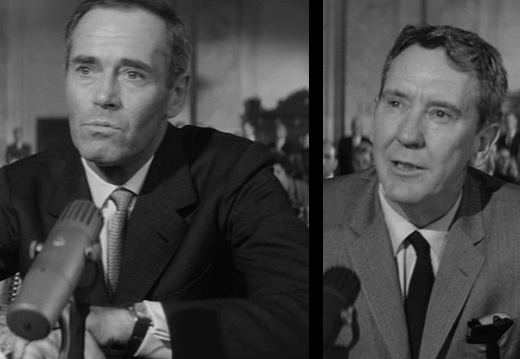
Much like Whittaker Chambers's role in identifying Hiss, the communist connections of the President's nominee Robert Leffingwell, played by Henry Fonda, are confirmed by witness Herbert Gelman, who is played by Burgess Meredith (later of Rocky fame). The casting of Meredith in this role was notable because he too was investigated by the House Un-American Activities Committee and was blacklisted for a time prior to taking the role.
Lew Ayres plays Vice President Harley M. Hudson, but had a loose connection to a real President, though it was decades before he took office.
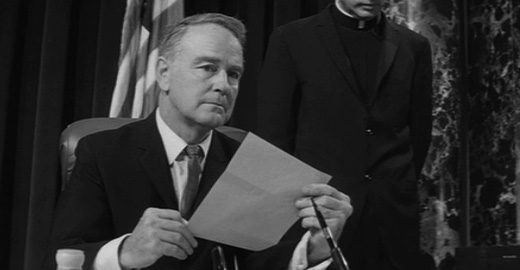
While shooting the movie Johnny Belinda with Jane Wyman in 1948, Ayres became the object of his co-star's affection. At the time, Wyman was was married to Ronald Reagan. She divorced Reagan to pursue Ayres that same year.
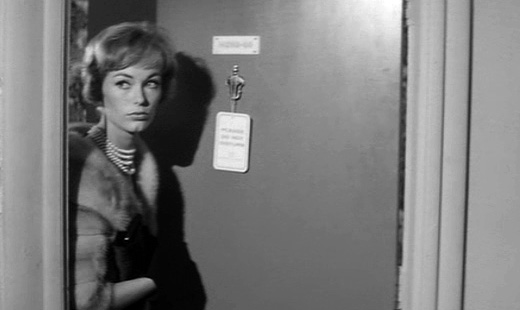
Peter Lawford plays the bachelor Senator Lafe Smith of Rhode Island. The character, who makes his first appearance in the film in his hotel room just after a stunning blonde exits, is based on another then-Senator of a northeastern state, John F. Kennedy, whose reputation as a ladies' man was well-known.
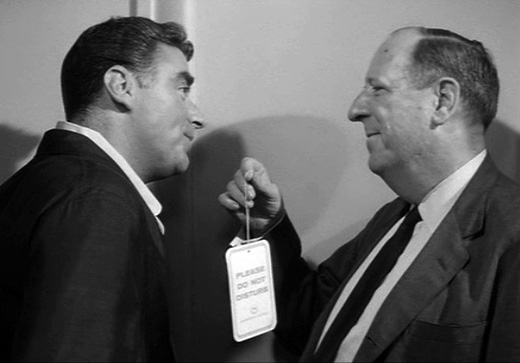
The fact that Peter Lawford also happened to be Kennedy's brother-in-law can hardly be missed as an example of art imitating life in this casting choice. Lawford married JFK's sister Patricia in 1954.
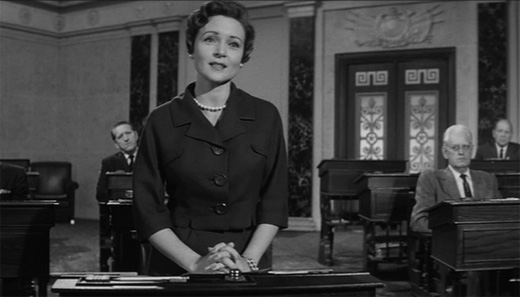
A young Betty White also makes a brief appearance as Senator Bessie Adams, however viewers of a younger generation may recognize her more easily by her voice than her appearance:
The villain of the film is Senator Fred Van Ackerman, whose devious blackmail of his colleague Brigham Anderson drives him to suicide.
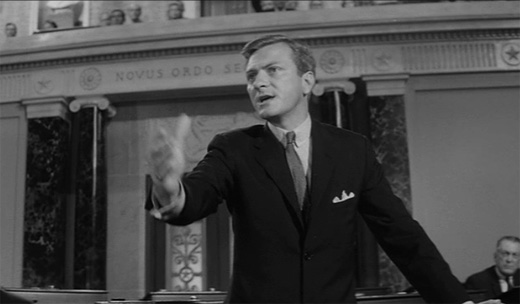
It's perhaps no surprise that his character was based on Senator Joseph McCarthy, whose real-life political smear tactics cost many their reputation. Much like McCarthy was admonished by Joseph Welch, the chief council of the US army, Van Ackerman is reprimanded at the close of the film when he is told, “Fortunately, our country always manages to survive patriots like you.”
Other character based on real-life public figures include Senator Orrin Knox, who was based on Robert Taft.
Unlike many Washington-based movies, most scenes in Advise and Consent were actually filmed on location.
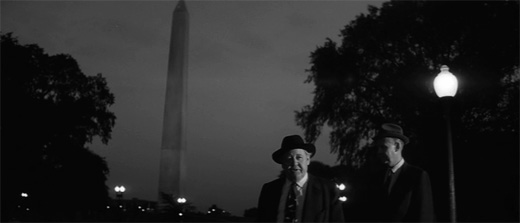
And like the below frame showing the Q street bridge in 1961, many street scenes are easily recognizable today:
The Sheraton Park Hotel, where many of the characters live, is today the Washington Mariot at Wardman Park:
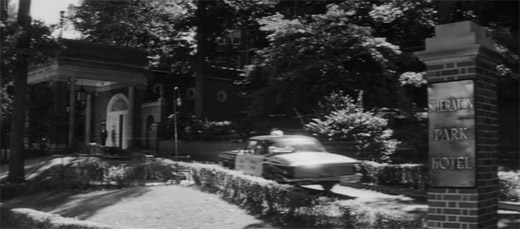
The scene at the White House Correspondent's Dinner, referred to in the film as the "Correspondent's Banquet" was filmed at the Sharaton Carlton on 16th street, which is now the St. Regis.
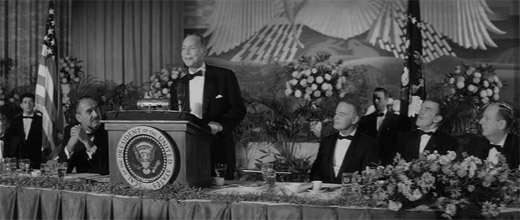
The design of the title sequence is the work of Saul Bass, the artist behind some iconic Alfred Hitchcock openings, including Psycho, Vertigo and North By Northwest. It also inspired the logo of MSNBC's "Meet The Press Daily":


